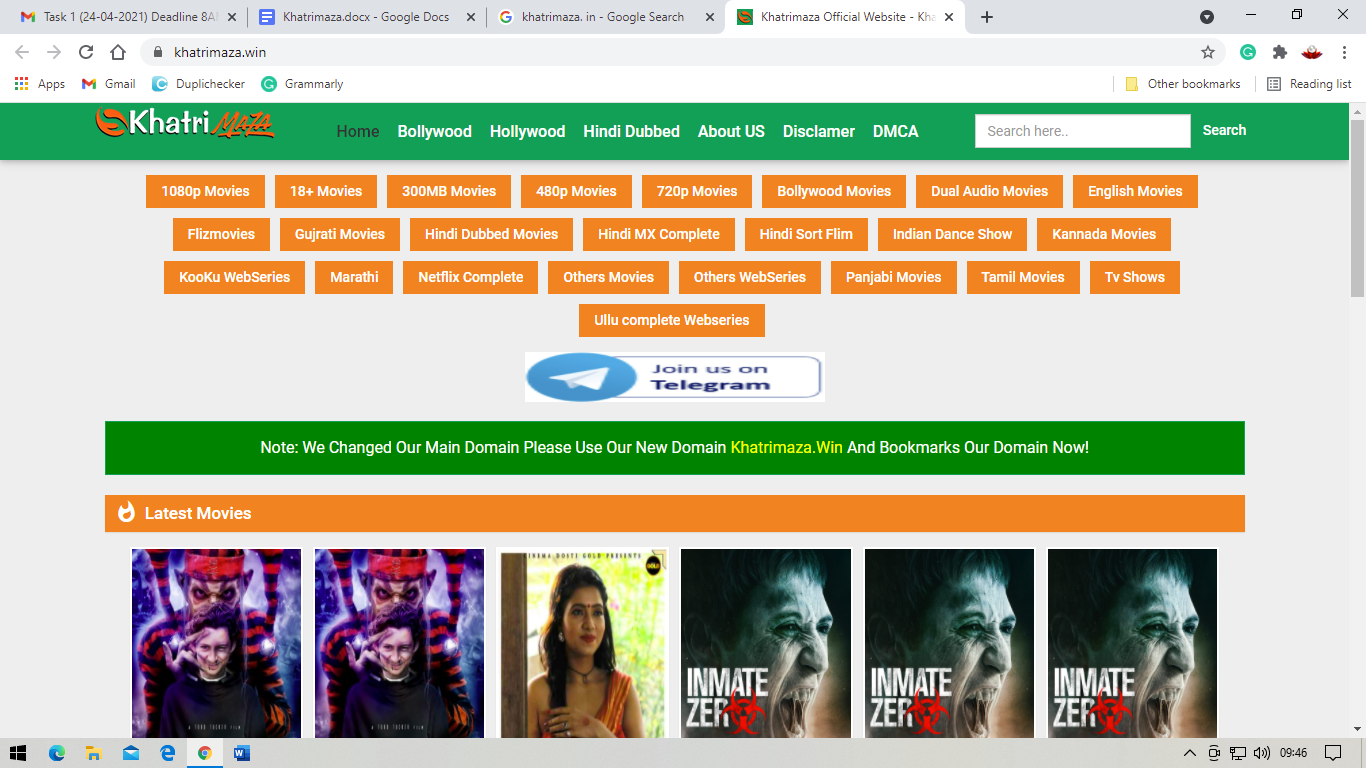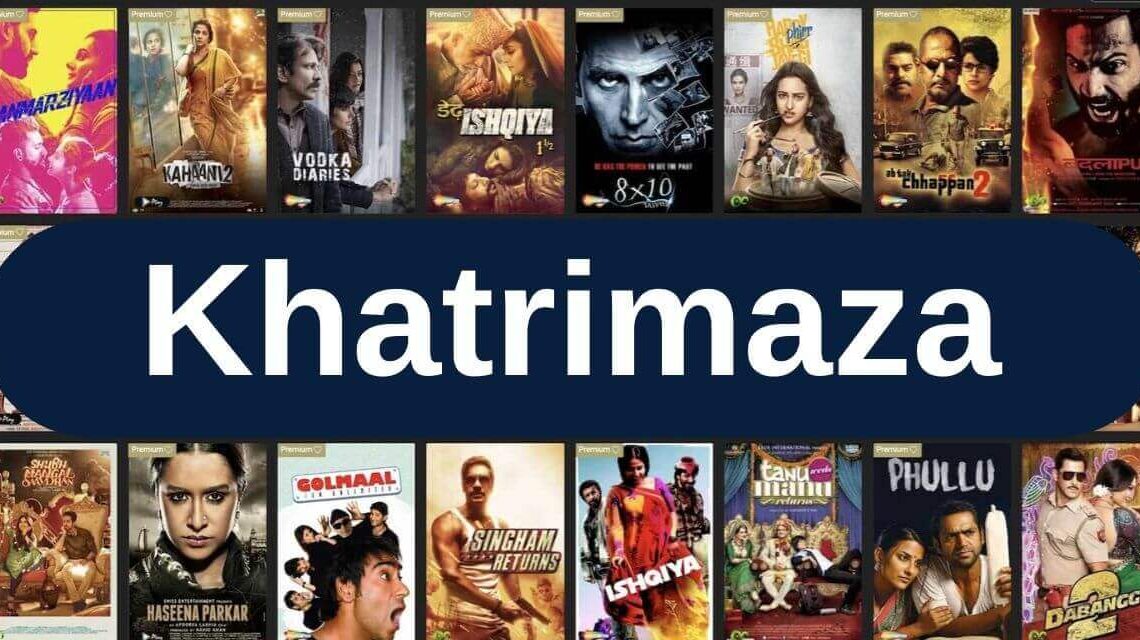Is the allure of instant entertainment a siren song, leading us down a digital path where the boundaries of legality blur? The proliferation of platforms offering free access to movies and television series, while seemingly convenient, poses a significant threat to the creative industries that bring these stories to life.
In the sprawling digital landscape of India, where internet access is increasingly widespread, the demand for readily available entertainment is undeniable. Services like JustWatch cater to this need, acting as a digital compass to navigate the myriad streaming options. Users can effortlessly locate where to stream their favorite movies and TV series, choosing from preferred services like Netflix, Amazon Prime Video India, and Hotstar, all conveniently displayed in a user-friendly watchbar. The promise of high-definition viewing, with options for 4K UHD quality from various studios and platforms, further fuels the desire for immediate gratification. Connecting digital accounts to import movie libraries from platforms like iTunes, Amazon, Fandango, and Google Play streamlines the process, offering a curated viewing experience tailored to individual preferences.
But alongside the legitimate streaming services, a shadowy ecosystem thrives. Platforms like Filmyzilla.com and its variants, offer a different proposition: a free pass to content, often obtained and distributed illegally. These sites, operating in a legal gray area, attract a vast audience eager to circumvent the costs associated with legal streaming or purchasing movies. The appeal is clear: instant access to a vast library of Bollywood, South Indian, Hollywood, and international films, all available for download or streaming, often in Hindi and English dubs. The existence of these platforms creates a paradox: a desire for accessibility colliding with the ethical and legal implications of copyright infringement. The sites' ability to provide updates on movie releases, trailers, teasers, reviews, and the latest news, as well as the availability of HD quality content, further contributes to their popularity.
Consider the impact of these platforms on the Bollywood film industry, a major component of India's cultural and economic landscape. Staying updated on Bollywood films release dates, trailers, teasers, reviews, and all the latest news on filmibeat becomes a secondary concern for those who readily download and consume pirated content. While legitimate platforms offer lists of Bollywood movies, the allure of free, readily available content often supersedes the ethical considerations of supporting the industry. The availability of websites like Hdhub4u, offering the latest Bollywood new movies and web series, presents a similar challenge to the legal streaming services and content creators. The platforms often feature the latest releases, songs, news, and information regarding box office collections, essentially mirroring the functionalities of legitimate sources but for illegal distribution.
The allure is irresistible. Okhatrimaza, or variants thereof, has presented itself as an India-focused website for free downloads of the latest Bollywood Hindi, Hollywood Hindi-dubbed movies, and more, and similar platforms are available for Marathi and Punjabi movies. The promise of immediate access to Khatrimaz 2025 Bollywood full movie downloads, Khatrimaza 2024 South Indian Hindi-dubbed HD MP4 movies, and Khatrimaza Hollywood Hindi-dubbed 2024 movies free downloads, and the list goes on. This leads to a direct clash between legitimate distribution channels, and the temptation for users to consume content in an unsustainable way. Khatrimaza com has become a popular online platform that offers a wide range of movies and TV shows for streaming and downloading. Users are drawn by the ease of access and free cost, which creates huge demand for these websites.
The consequences of this digital piracy extend beyond the immediate loss of revenue for film studios and production houses. It erodes the value of creative work, devaluing the countless hours of labor and the investments that go into making a movie. It also impacts the future of filmmaking, as studios, faced with decreasing profits, may be less inclined to take creative risks or invest in high-quality productions. The industry's health directly impacts the entire cultural landscape, jeopardizing employment opportunities and reducing the diversity of available content. The film industry has to consistently fight to keep up with new technology, and this is a battle that will take place for the foreseeable future.
The illegal distribution of movies is not confined to Bollywood or even India. Hollywood, with its global reach, is equally impacted. Websites offering downloads of Hollywood Hindi-dubbed movies pose a direct threat to the international film industry, which invests heavily in global distribution, including dubbing into different languages. The availability of free, pirated content undermines the economics of legitimate distribution and discourages viewers from supporting the movies they love.
The challenge of addressing digital piracy is complex. The platforms themselves are often difficult to shut down, as they can be easily created and relocated. The anonymity afforded by the internet further complicates efforts to track down and prosecute the individuals behind these operations. Even if the illegal websites are taken down, the battle is far from over, as other operators will often appear to take their place, creating a never-ending game of whack-a-mole. But, the fight is about much more than financial losses.
There is, however, a growing awareness of the ethical considerations surrounding digital piracy. As digital literacy increases, so does an understanding of the legal and moral implications of consuming pirated content. Education plays a critical role in curbing this activity. Raising awareness among consumers about the impact of piracy on the film industry, and highlighting the availability of affordable and legal streaming options, can help shift behaviors and promote a culture of respect for creative work. There is no 'quick fix' to end this problem.
Ultimately, the future of the entertainment industry hinges on finding a balance between accessibility and sustainability. While the desire for convenience is undeniable, it should not come at the expense of the artists, filmmakers, and the entire creative ecosystem. The digital revolution has transformed how we consume media, but it has also created new challenges to the traditional methods of protecting and valuing creative work. The digital era has opened up vast horizons to the world. Let us make sure that the content on those horizons are accessed and enjoyed with respect to the creators of that content.


